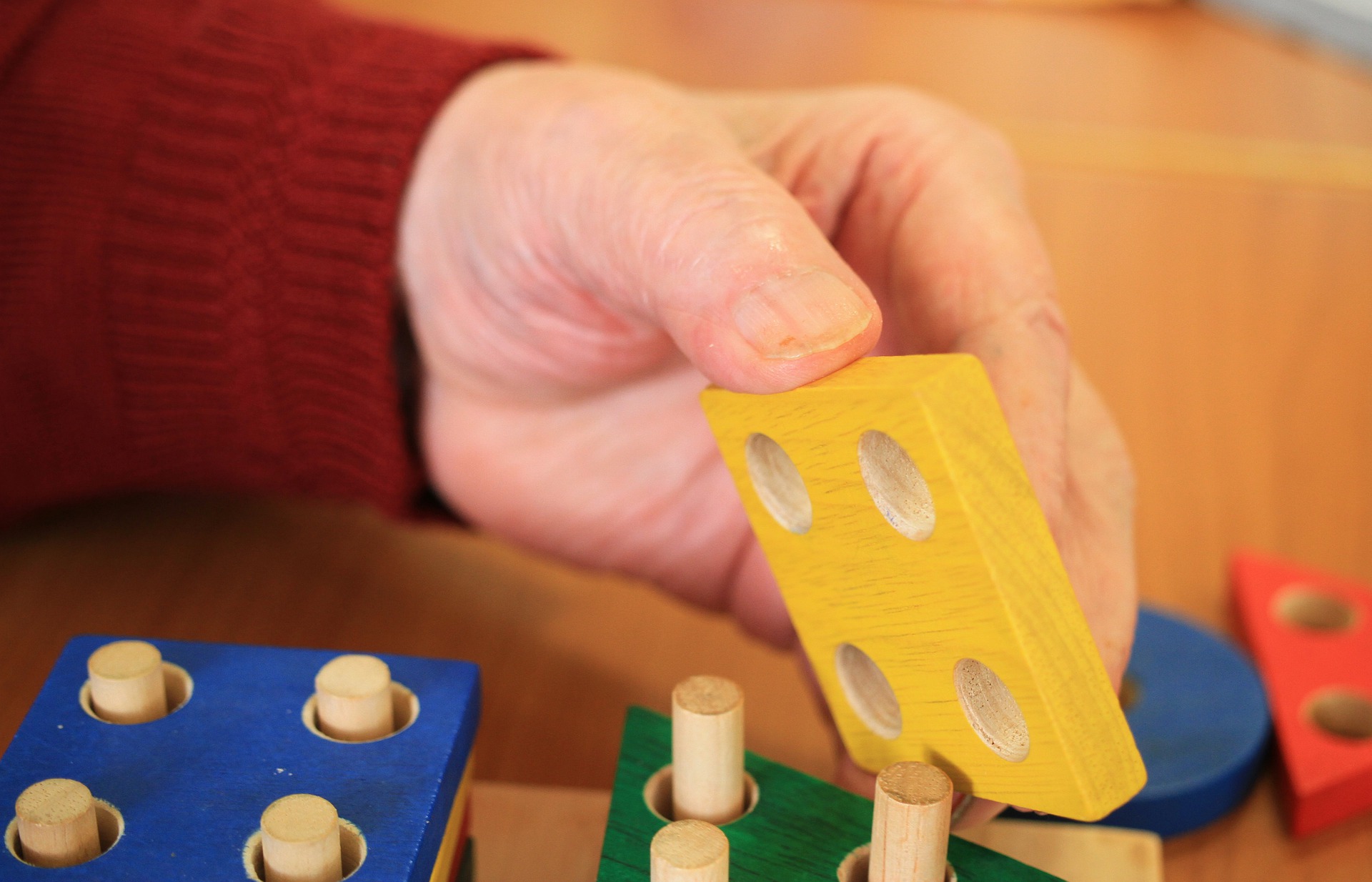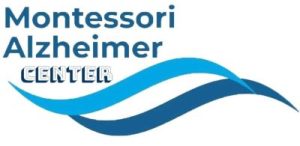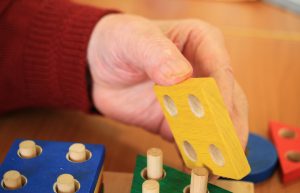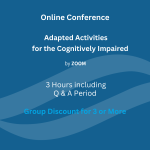
Benefits of Adapted Montessori Activities –
There are plenty of time saving benefits of adapted Montessori activities, and creating the environment in which they will take place. It will, however, take some time.
For your time-starved healthcare employees, the advantages of investing time they don’t seem to have may be difficult to see.
But if we present it properly, then staff – from Nurses, PSWs, Activities Coordinators, Caregivers, and other employees like Supervisors and Administrators – will see how their time investment can bring rewards and benefits.
 For example:
For example:
Efficiency in Care: While it might seem time-consuming initially, adapting activities can create a more efficient care environment in the long run. Engaging residents in meaningful activities will reduce behavioral challenges and the time spent managing agitation or restlessness.
Personal Fulfillment: Remind your staff that providing person-centered care can be deeply rewarding. Witnessing their efforts’ positive impact on residents’ lives and seeing their joy and engagement can bring a sense of fulfillment and purpose to their role.
Start Small: Encourage your staff to start with simple activity adaptations and gradually build on their experience. Starting small can help them see the impact and build momentum for incorporating more activities over time.
Team Collaboration: Encourage your staff members to work together to share the workload and ideas for adapting activities. Collaboration and support from your whole healthcare team can make the process more manageable and effective.
Self-Care: Remind your staff of the importance of self-care. While it’s essential to care for others, it’s also crucial to ensure they prioritize their well-being. Implementing specific person-centered dementia care, which focuses on the person’s needs, can also help caregivers address their emotional needs.
Family Appreciation: Adapting activities also involves engaging families in care decisions and activities. By involving families in the process, the staff may receive additional support and appreciation for their dedication to providing the best care possible.
 Impact on Resident Care: Emphasize that adapting activities can significantly improve the quality of care for people living with dementia. Tailored activities can positively influence their behavior, mood, and overall well-being, ultimately leading to better outcomes such as great Alzheimer’s support and collaboration and increased resident satisfaction and cooperation.
Impact on Resident Care: Emphasize that adapting activities can significantly improve the quality of care for people living with dementia. Tailored activities can positively influence their behavior, mood, and overall well-being, ultimately leading to better outcomes such as great Alzheimer’s support and collaboration and increased resident satisfaction and cooperation.
Professional Development: Engaging in person-centered care, including activity adaptation, can contribute to your employee’s professional growth. Learning about dementia care and evidence-based practices can enhance their skill set and expertise.
Making a Difference: Highlight the importance of the employee’s role in enhancing the lives of those living with dementia. By taking the time to adapt activities, they can make a significant difference in their residents’ well-being and contribute positively to their journey with dementia.
Research and Resources: Provide access to relevant research, guidelines, and resources on dementia care and Montessori activity adaptation. Showing that evidence supports the Montessori approach can help build confidence in its effectiveness.
There are, indeed, time saving benefits of adapted Montessori activities for people living with dementia.
But, remember, when discussing this topic with a staff member or independent PSW, Caregiver, etc., it’s essential to be understanding and supportive of their challenges. Acknowledge their dedication to resident care while emphasizing the potential benefits of Montessori rehabilitation techniques for both the residents and the staff members’ well-being.





